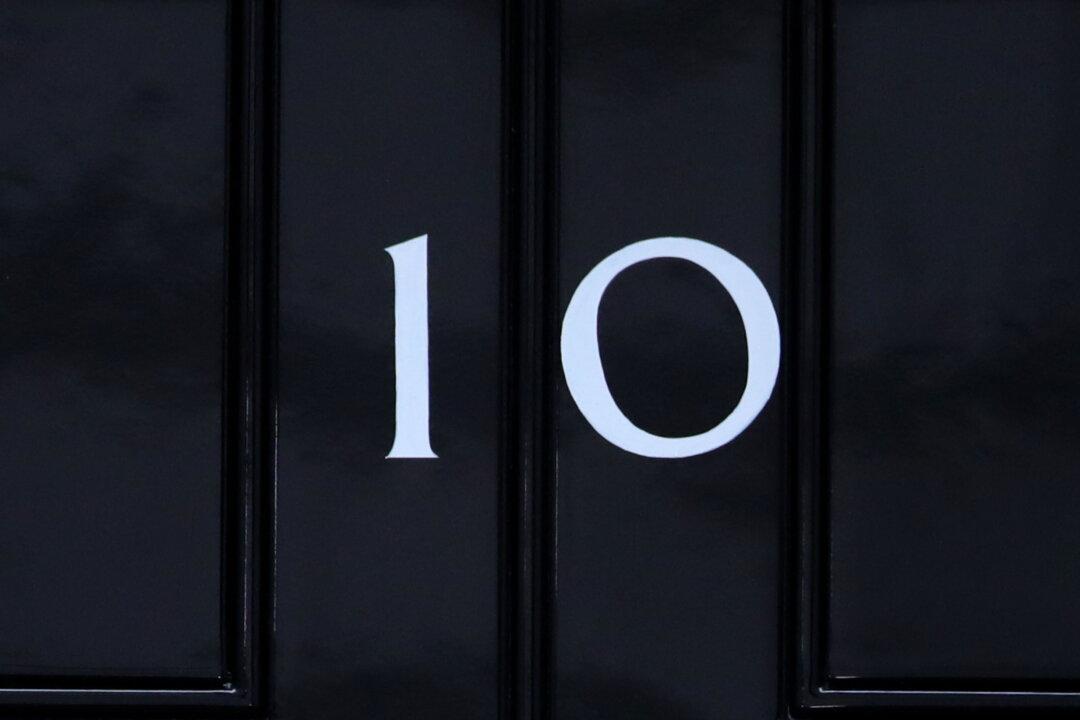More than 50 UK government staff will be questioned about their participation in alleged lockdown-breaching parties in 10 Downing Street and the Cabinet Office, the Metropolitan Police said on Wednesday.
It’s believed Prime Minister Boris Johnson will be one of the individuals questioned as he was allegedly present at six of the gatherings, one of which was at his own flat at 11 Downing Street.





